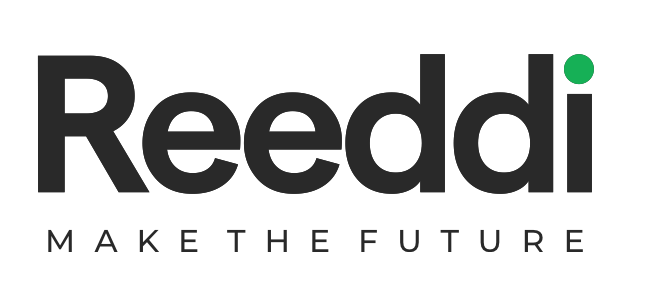Reeddi
Reeddi innovatively provides clean, reliable, and affordable electricity to households and businesses operating in the energy-poor regions of the world.
Our proprietary energy generation and distribution technology integrates smart data harvesting and analytics technology.
Operating a unique hardware-as-a-service model through our proprietary clean energy technology ensures customers pay an affordable daily rental fee to easily access reliable electricity anytime and anywhere.
Our system elimates the upfront cost associated with accessing clean and reliable electricity, allowing anyone to access power irrespective of their social/economic status.
Reeddi’s solution relieves users of mobility, cost, payment, flexibility constraints that ordinarily arise with using other expensive, unhealthy & hazardous energy-generating options.
Our energy systems reduce energy expenses of users by 40% and create energy-based businesses and employment opportunities in our operating markets.
A Reeddi Capsule displaces more than 19 kg CO2 + 3 kg of toxic pollutant daily from existing fuel-based systems generally adopted in our target communities.
We generate revenue through affordable daily rental fees from users, paid advertisements through the surface of our energy systems and through the sale of carbon credits to environmentally conscious organizations.
Reeddi’s innovation targets individuals, household and small businesses living in rural and urban African communities where accessing reliable and affordable energy is challenging. We currently serve more than 2,000 combined households and businesses in Nigeria’s energy-poor communities.

